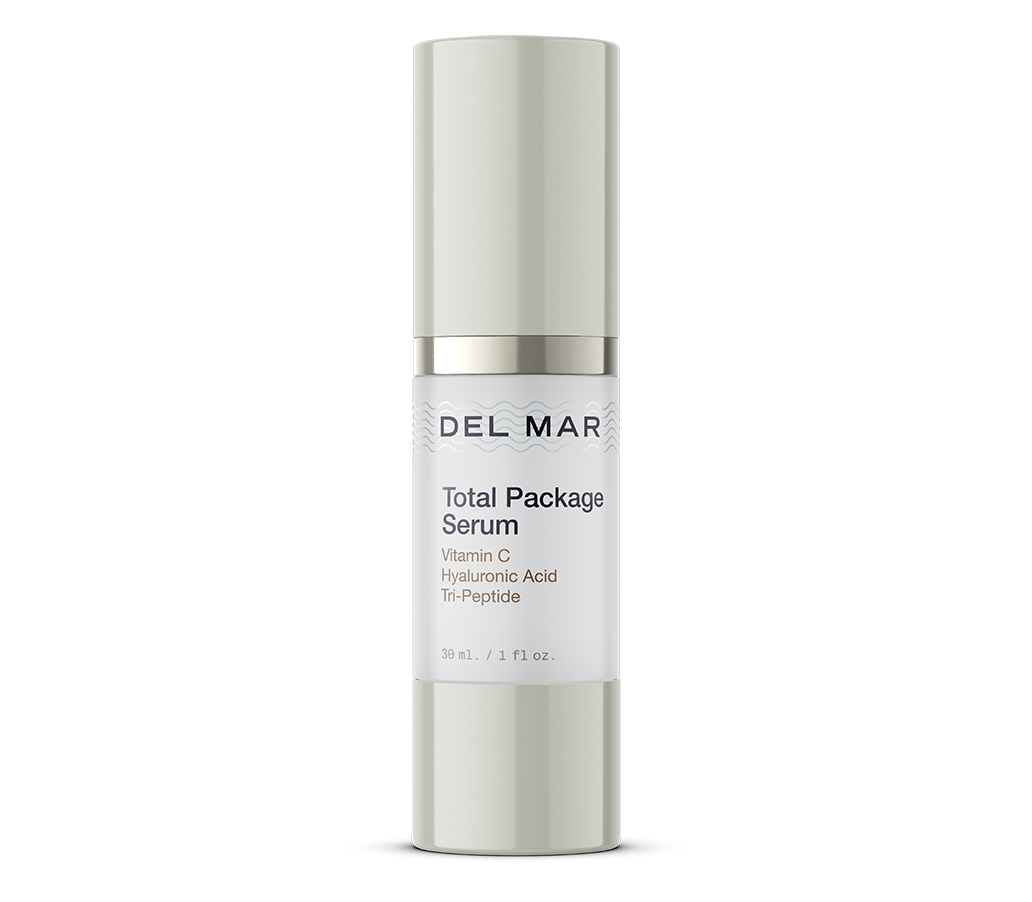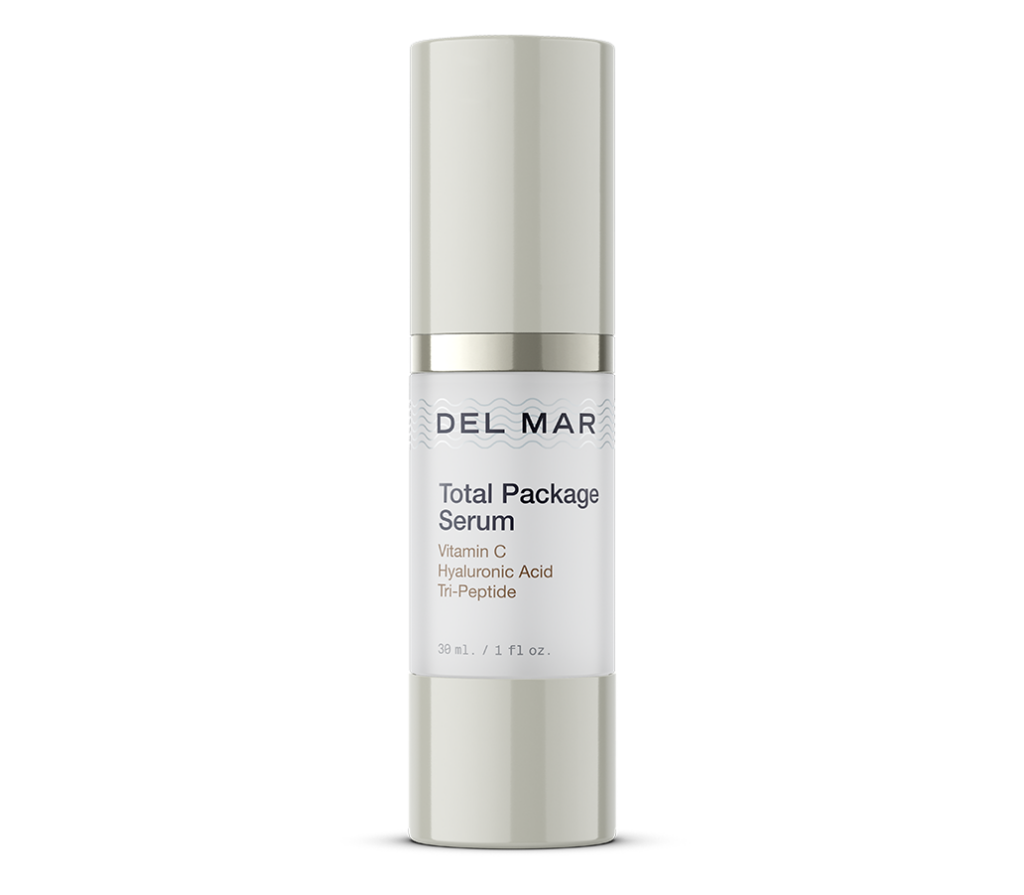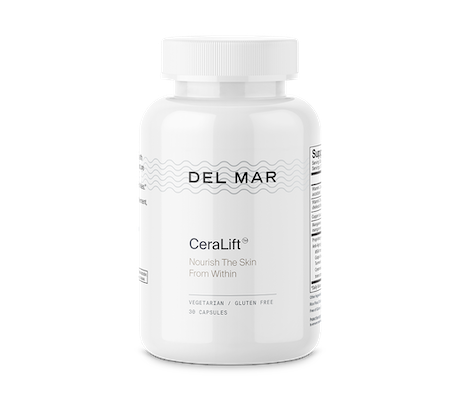We’ve all had those nights – you’re exhausted and ready to collapse into your bed for a good night’s sleep. Thirty minutes later? The chatter in your brain just won’t quiet, and you spend hours staring up at the ceiling. Or maybe you fall asleep without a hitch, but when you wake up at 2:00 AM, your body decides it’s wide awake, leaving you sleep deprived for the rest of the following day.
When this happens once or twice, it’s no big deal—but when it becomes your new normal, it’s time to find a solution.
Chronic sleep deprivation does more than rob you of your day. Lack of sleep has been implicated in a wide range of health conditions, including obesity, depression, heart disease, and diabetes. (*1,2) Without enough sleep, you are more likely to be in a car accident, make mistakes at work, and catch colds all winter long.
Sleeping pills may be a short-term solution, but there are dangers that come with these drugs. Fortunately, there are scientifically-backed natural remedies that you can use to help you fall asleep fast, stay asleep longer, and sleep more soundly.
How Much Sleep Do You Need?
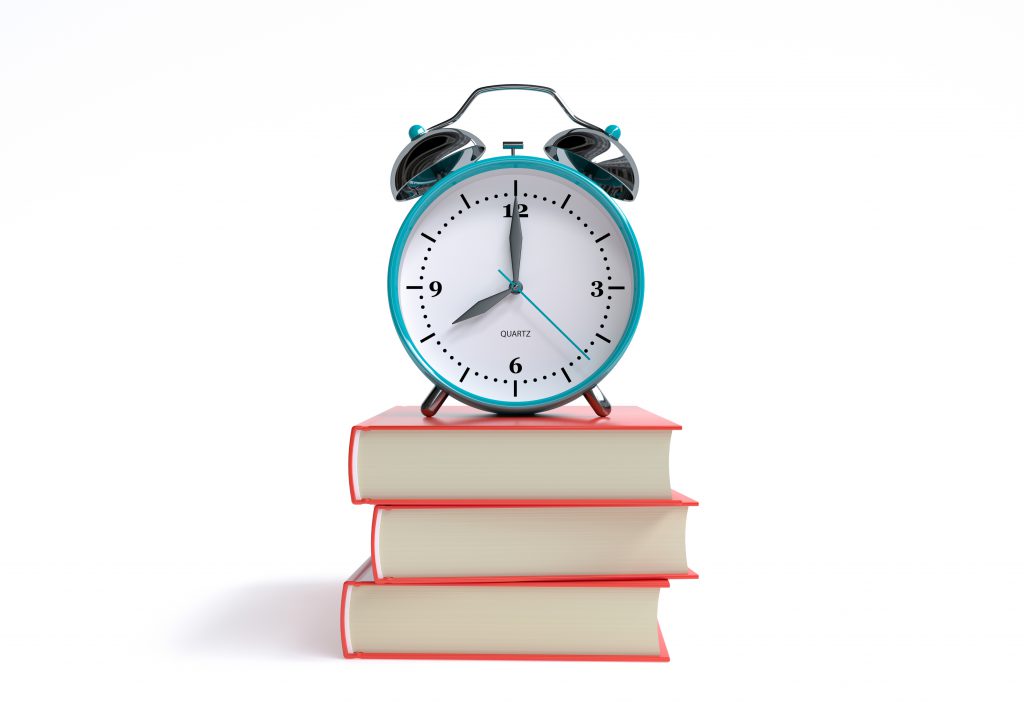
Many of us treat sleep as if it is a luxury. We will sacrifice sleep for work, family, or fun without a second thought. Yet sleep is critical for the proper functioning of our bodies and minds, leaving one essential question:
How much sleep is enough sleep?
There is no clear-cut answer to this question, however scientists have made strides that can help to set guidelines.
How much sleep you need will change throughout your life. When you were a teenager, 8-10 hours of sleep was ideal, yet when you reached adulthood, the average recommendation changed to seven to nine hours per night. (*3)
However, as I am sure you have noticed, every individual has different sleep needs. Furthermore, the optimal amount of sleep for the same person will vary from one night to the next. If you have had a physically or mentally demanding day, you will need more sleep to fully recover than if you spent the day relaxing.
Additionally, the quantity of sleep is not the only measure of how well you have slept: the quality of sleep is equally important.
So what exactly comprises good sleep quality?
Your sleep quality is considered to be good when you fall asleep in 30 minutes or fewer, awaken only once per night, and fall back asleep within 20 minutes of waking. If you have trouble falling asleep or staying asleep, the quality of your sleep will be impaired.
When you set to work to maximize your sleep, both the length and the restfulness of your sleep are important factors to consider.
What Should You Do When You Can’t Sleep?
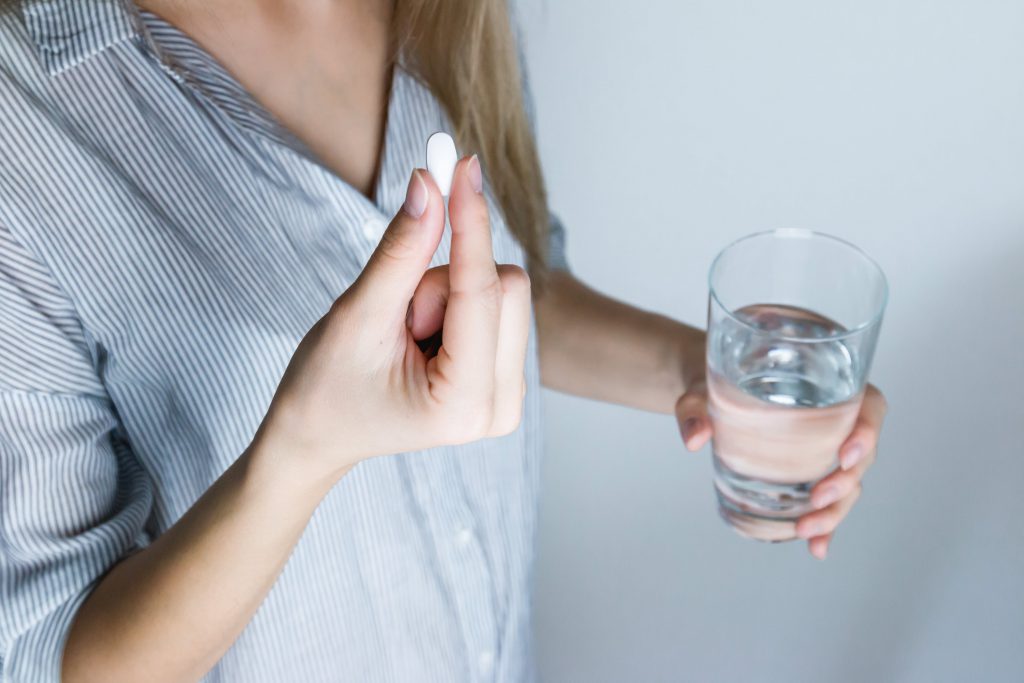
With over 35% of the US population not getting enough sleep and nearly 30% experiencing insomnia symptoms, many who struggle turn to the most obvious and readily available solution: sleeping pills. (*4 ,5)
If you use prescription or over-the-counter medications to help you sleep, know that you are not alone. Roughly 4% of Americans report using a sleep aid to help them sleep through the night. The problem is, these drugs lack long-term efficacy and have many dangerous side effects.
The dangers vary depending on which medication you use. Antihistamine sleep aids, such as Benadryl, exhibit properties that can lead to problems with overall energy and memory throughout the rest of your day. (*6) They do this by blocking the action of acetylcholine, a neurotransmitter that contributes to our ability to learn and our energy levels.
What about prescription medications? Unfortunately, these are not much better.
As a tool to re-establish proper sleep, prescription medications may be a viable option. However, problems arise when using these long term. None of these medications are targeted such that they only impact your ability to sleep, which can lead to short-term side effects and long-term health problems.7 Of particular importance are the effects these medications have on brain health and cognition; side effects include memory problems, nightmares, headaches, drowsiness, dizziness, and even increased suicidal thoughts.
Alternatives to Sleeping Pills
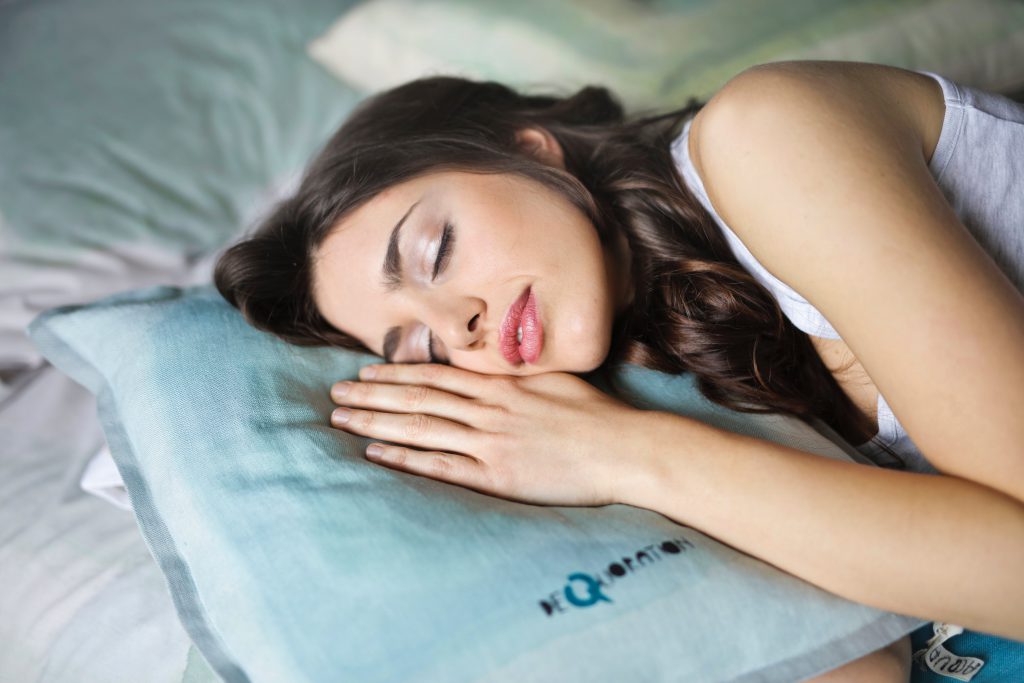
Before you turn to sleeping pills, there are many behavioral changes and natural herbal remedies that have demonstrated scientifically promising results when it comes to improving sleep quantity and quality.
These are five of our top picks to help you improve your sleep naturally. (*8,9,10)
1. Limit Light Exposure
Humans evolved to be awake when it was light out and sleep when it was dark out. Light exposure late into the evening tricks our bodies and makes it much harder to fall asleep. Try to limit light exposure before bedtime by dimming the lights and putting away screens.
2. Exercise During the Day
Exercise has been shown to improve sleep quality, so long as the exercise is done during the day. Try to avoid vigorous exercise three hours before bedtime as this can make it harder to sleep.
3. Set a Sleep Schedule
Going to bed and waking up at the same time every day can be incredibly helpful if you have trouble sleeping. Our bodies have an internal clock known as our circadian rhythm. It can be thrown off when we do not follow a normal sleeping schedule, making quality sleep challenging.
4. Turn Down Your Thermostat
Did you know that people tend to sleep better in a colder room? If you are able to control your indoor temperature, try setting your thermostat to around 65 to 70 degrees to encourage good sleep.
5. Relax Before Bed
One of the most important things that you can do to help you fall asleep faster and sleep more soundly is to calm your mind. Racing thoughts, worries, stress, and negative emotions can make it tough to sleep well. Try meditation, yoga, or a warm bath before bed to help slow your mind.
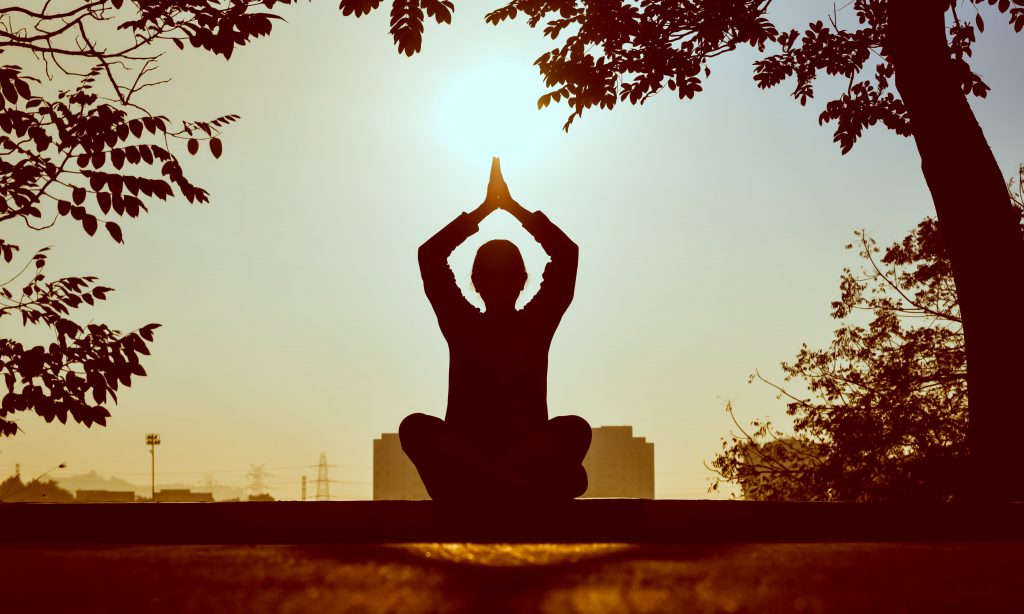
Closing Thoughts
Getting enough sleep is critical for our health and quality of life. Yet, many of us struggle to get the sleep we need even when we have the time to do so. While sleeping pills are an easy solution, they can cause just as much harm as good. Instead, try to incorporate lifestyle changes to improve your sleep, and with it, your health and wellbeing.



